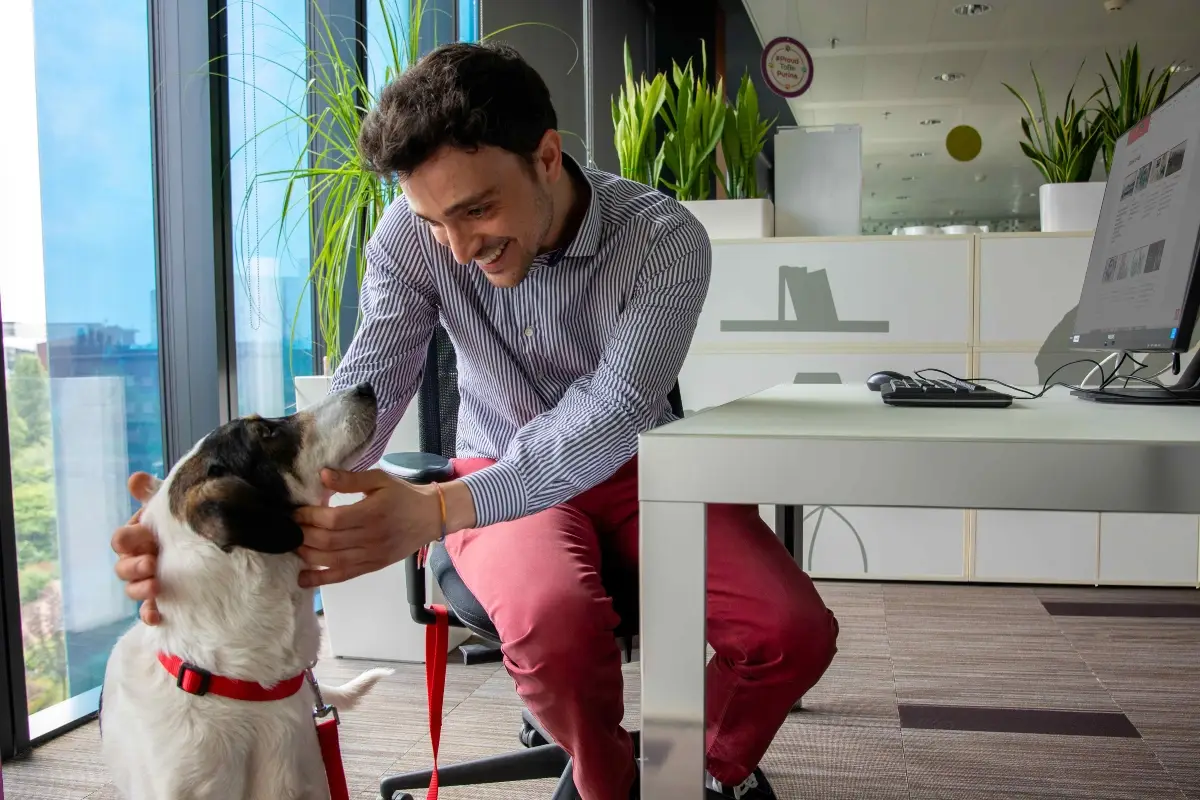
Purina: A reminder for pet-friendly travel
From pre-departure checks to hotel routines: here's what to do (and what to avoid) when traveling with a dog or cat.

Going on summer vacation with your dog or cat is a loving gesture, but it also requires care and awareness. Traveling with your pet also means putting their well-being first, especially during the hottest months of the year. That's why Purina, always supportive of pets and the people who love them, wants to support those about to travel with a series of helpful tips to help pet owners leave with peace of mind, travel safely, and enjoy their vacation with their four-legged friend.
1) Before leaving: preparing well is the first step
- Veterinary checkup: Before leaving, it's recommended to take your dog or cat to the vet for a complete checkup. Make sure they're in good health and ask for any travel-specific advice.
- Vaccinations: Making sure your pet is vaccinated according to the individual travel needs of the animal and the instructions of the attending veterinarian will be a valuable means of protecting your pet's health. This protects against diseases.
- Updated documents: It's essential for both dogs and cats to always have their health and identification documents with them. A dog tag with their name, address, and contact numbers is also essential for emergencies.
- Nutrition: Avoiding large meals before departure can help limit possible nausea and discomfort.
- Prepare the “pet kit”: Prepare a small suitcase for your pet with a blanket, favorite toys, bowls, fresh water, and snacks to make him feel comfortable in any situation.
2) When traveling: safety first
- Car safety: Never leave your dog or cat unattended while traveling. It's important to follow the Highway Code rules regarding animal transportation, designed to ensure the safety of the driver, passengers, and our four-legged friends.
- Temperature and ventilation: Avoid traveling during the hottest hours of the day and ensure the passenger compartment is always well ventilated. It's also essential to limit temperature fluctuations to ensure maximum comfort and well-being for your pet.
- Frequent breaks: Scheduling regular breaks to give your pet fresh water and stretch his legs can help reduce travel stress. However, the breaks must be safe, and you should never leave your pet alone in the car, not even for a few minutes.
3) Once on holiday: be careful of heat/cold, hydration and routine
Maintain routines: Once you arrive at your destination, try to maintain your pet's routine to make him feel at home, even in a new and unfamiliar environment. Maintaining regular schedules for walks, playtime, and meals reduces stress and promotes balance. If the facility offers accessible and safe green spaces for pets, accompanying them on their initial explorations is very helpful for acclimating and feeling protected. If the pet must be left alone, even for short periods, it is essential to carefully evaluate the suitability of the environment for his needs.
- Always have water and shade available: Make sure your dog or cat always has fresh water and shade available, but avoid water that is too cold or icy to avoid health problems.
- Hydration: Cats are reluctant to drink spontaneously. Especially during hot weather, it's important to maintain good hydration by providing multiple water points, using wet food, or hydrating complementary foods.
"Often, even with the best intentions, pet owners can unintentionally make small mistakes while on vacation, which can put the well-being of their four-legged friends at risk. One of the most common mistakes, for example, is taking the dog to the beach during the hottest hours of the day or letting him drink seawater, which, as we know, is high in salt," says Guido Poncini , veterinarian and advocacy training manager at Purina. "This exposes the animal to serious dangers such as heatstroke and dehydration, conditions that can become very dangerous if not avoided or recognized promptly."
EFA News - European Food Agency